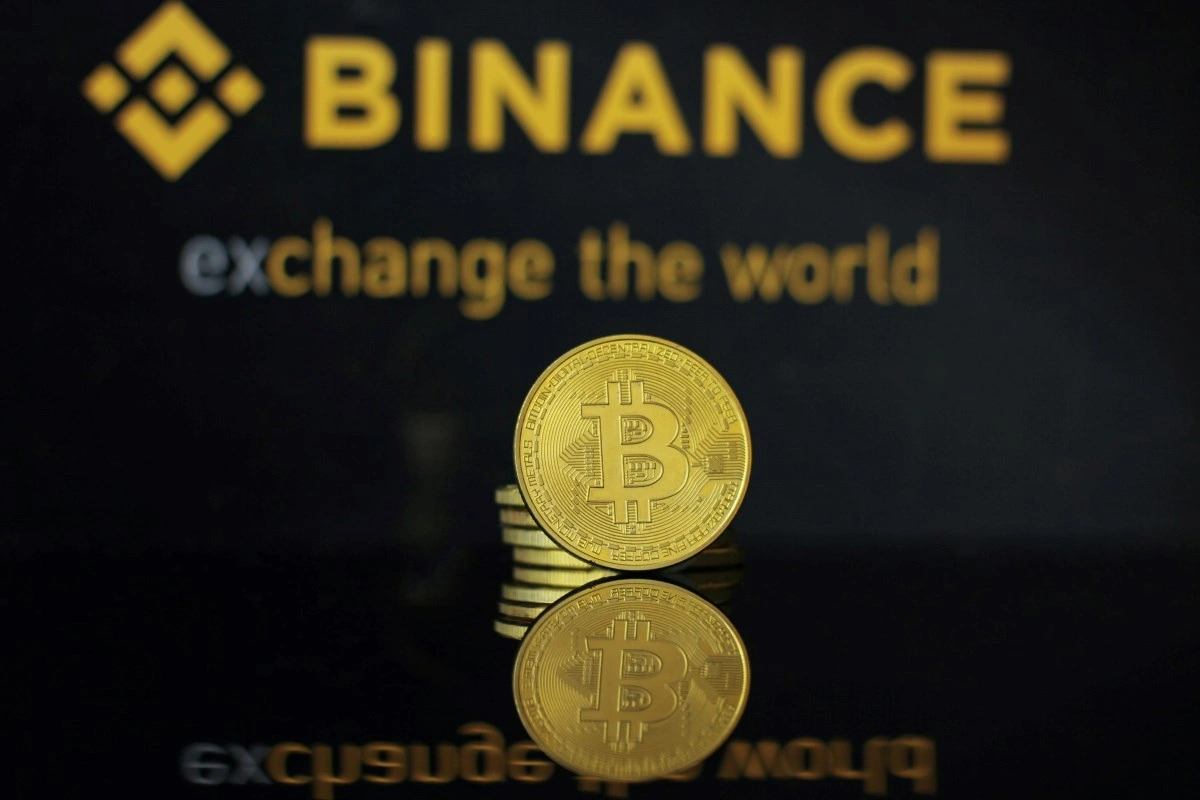

The decision, which marks a major step toward user-driven governance, follows weeks of voting that drew over 100,000 votes from Binance users. The campaign, launched in early 2025, allowed verified BNB holders to weigh in on tokens flagged with a “Monitoring Tag” – a signal that a project may be at risk due to low activity, stagnant development, or compliance concerns.

The Tokens on the Way Out
The 14 tokens set to be removed from Binance’s platform include:
- aelf (ELF)
- Badger (BADGER)
- Balancer (BAL)
- Beta Finance (BETA)
- Cortex (CTXC)
- Cream Finance (CREAM)
- Firo (FIRO)
- Kava Lend (HARD)
- NULS
- Prosper (PROS)
- Status (SNT)
- TROY
- UniLend (UFT)
- VIDT DAO (VIDT)
Binance has cited many concerns, including stagnant developer activity, low trading volumes, inadequate adaptation to regulatory developments, and, in certain cases, unresolved security issues. Cream Finance has struggled to regain momentum following a major security breach in 2021.
Meanwhile, tokens such as TROY and VIDT have exhibited limited progress, with few substantive updates in recent quarters.
A Shift Toward Community-Led Governance
While token delistings are a routine occurrence in the crypto space, Binance’s latest round stands out for its unprecedented community involvement. For the first time, the exchange introduced a user voting mechanism to help determine which tokens should remain listed.
More than 24,000 participants took part, with 93,680 votes deemed valid. Eligibility requires holding at least 0.01 BNB. Although Binance emphasized that internal assessments and regulatory compliance reviews remained the cornerstone of its decision-making, the voting process provided a visible channel for users to highlight underperforming or inactive projects.
The initiative was positioned as a step toward greater transparency and accountability, values closely aligned with the principles of decentralized governance. “This is just the beginning,” a Binance spokesperson stated. “We’re giving the community a real say in shaping the ecosystem.”
Ripple Effects in the Market
The announcement hit the affected tokens hard. Prices for BADGER and CREAM dropped over 15% within hours, as traders reacted to news that their primary trading venue would soon disappear. Given Binance’s dominant market share, delisting often spells a death knell for low-liquidity assets.
Historically, such delistings have had severe consequences. When Binance removed GALA from its platform in March, the token saw a near 30% drop. Investors holding soon-to-be-delisted assets have until June 9 to withdraw their funds before Binance automatically converts remaining balances into stablecoins.
Social media reactions were split. Some users praised the effort as a “clean-up of dead weight,” while others questioned whether retail voices truly carried weight in the process. Critics also flagged that smaller BSC-based projects appear disproportionately affected, stirring debate about potential internal bias.
A Broader Exchange Trend
Binance’s move isn’t happening in isolation. As regulatory pressure increases, other exchanges are tightening their listing standards, favoring quality over quantity in the markets. In April, Bybit delisted KON and REN, while Binance removed AKRO, BLZ, and WRX in February.
Since mid-2024, Binance has also updated its listing framework to require:
- A 12-month cliff period for token unlocks
- Ongoing developer activity
- Compliance readiness for regulatory reviews
- Transparent communication with the Binance team
Tokens that fail to meet these standards are now more likely to face scrutiny and, if the community agrees, removal.
Looking Ahead: More Votes, More Cuts
The “Vote to Delist” campaign isn’t over. A second round of voting began on April 10, with 17 more tokens, including JASMY and FTT, now under community review. The results could lead to another wave of delistings as Binance continues its cleanup.
The takeaway for investors is clear: holding niche or inactive tokens is riskier than ever. Bitedge recommends sticking with projects that maintain active development, strong use cases, and regulatory alignment – especially in an increasingly selective market environment.
He has worked with several companies in the past including Economy Watch, and Milkroad. Finds writing for BitEdge highly satisfying as he gets an opportunity to share his knowledge with a broad community of gamblers.
Nationality
Kenyan
Lives In
Cape Town
University
Kenyatta University and USIU
Degree
Economics, Finance and Journalism


Facts Checked by Maryam Jinadu

 Fact checked by
Fact checked by 
 eabungana@gmail.com
eabungana@gmail.com 